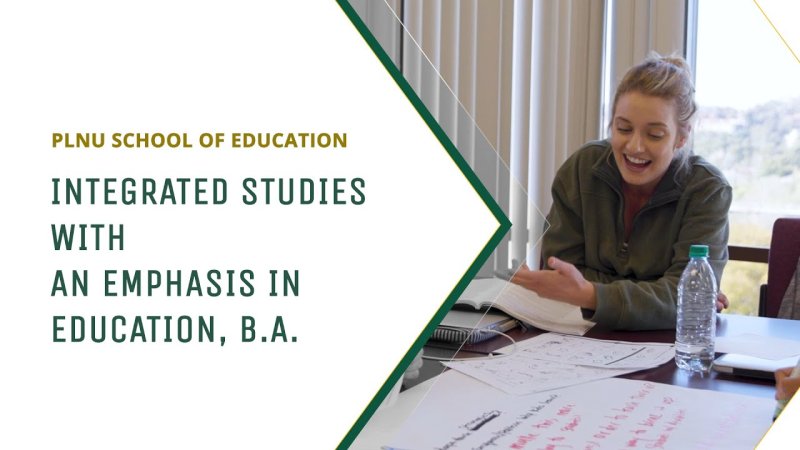
The best teachers connect with their students, make learning enjoyable, and teach in such a way that their kids retain the information. While that may sound simple, doing so requires a complex accumulation of numerous small decisions, routines, and interactions.
Here are a few traits that set apart good teachers from excellent teachers — no matter what level of education you’re at in your teaching profession.
1. Have empathy
Kids often come to school with a multitude of concerns weighing on them. In some classrooms, students go home to chaos, dysfunction, hunger, or violence. Merely showing up at school is a testament to their resilience.
Academic success might not even be on their radar, because they’re just trying to survive. In other classes, kids may have all their basic needs met but struggle with the excessive demands of “success,” attempting to juggle:
- Sports
- AP classes
- Volunteer hours
- Music lessons
- Feeling their worth depends upon their perfection or impressiveness
- And more.
No matter where your own students fall on the spectrum, allowing empathy to temper your agenda will make greater strides with their minds and hearts.
2. Build relationships
The deepest and most enthusiastic learning comes when students have a connection with their educators. Being authentic and showing you care, taking time to mentor, or even allowing kids to eat lunch in your room are a few examples of things that will help them love being in your class and learning from you. The relationship between teacher and student is an important element of each classroom.
3. Have high expectations
Kids rise to your expectations of them, so set the bar where you think it needs to be. Let your students know you believe in them, and they’ll aim high for themselves, too.
4. Offer support
High expectations often feel inaccessible if the support networks and resources to reach them are lacking. So build that support. Look for ways to break concepts and tasks down into manageable portions as your students work toward proficiency. Encourage different problem solving methods in your teaching strategy. And treat each question with the weight it deserves. Create a space where students feel safe to ask questions.
5. Be creative
Incorporate your life and interests into your approach to teaching. Some examples may include:
- Utilizing multimedia to illustrate lessons.
- Bringing in music.
- Moving around the classroom.
Creativity surprises and stimulates the brain and combats boredom.
__________
It’s never too late to start your journey.
Pursue your purpose at PLNU.
__________
6. Allow movement
You’ll find that some kids just need to move. Make them sit still, and they’ll become a disruption. Allow them to move, and they’ll be able to focus more on learning. It may sound counterintuitive, but whenever possible, incorporate movement and active learning into your lessons and seek solutions for the wiggly ones who need a little more physical input.
7. Teach respect
Respect is not a value that’s understood naturally by all students. Creating a culture of respect in your classroom requires explicit and frequent conversation, at least in the beginning. Perhaps this means defining what respect looks like, role-playing, and making a list of ways to show respect in the class. And ensure your students feel that respect goes both ways. A respectful classroom will become a place that’s safe to learn and encourages student participation.
8. Model good organization
To be an executive teacher, organization is imperative. Organization is also key for your students as they tackle the responsibilities of multiple classes; sometimes disorganization is the obstacle hindering a student’s success. Be organized, be explicit about how to organize, and help your students learn to organize on their own.
9. Listen well
Truly excellent teachers are able to use active listening skills and observe students’ behaviors that clue in on how to better understand each individual in the classroom and tailor lessons to maximize their reach. Listening to your students allows them to feel heard in the classroom and invites them to continue to feel confident and comfortable in a school environment.
10. Practice adaptability
Not every student who walks into your classroom has the same learning style. The way you teach a classroom may vary each year you continue in your teaching career. Some classes may respond better to one teaching style while another class may respond differently to the same style and material.
As a teacher, you should hone in on how to successfully tailor your teaching method to best support the success of your students. Continue evaluating what is and isn’t working in your classroom to adjust where needed.
Next Steps in Your Teaching Career
The best educators understand that learning never ends. Expand your teaching career by earning a master's in education through PLNU's School of Education. With a master’s, you not only increase your knowledge, but you’re also able to increase your salary. Ready to take the next steps?

